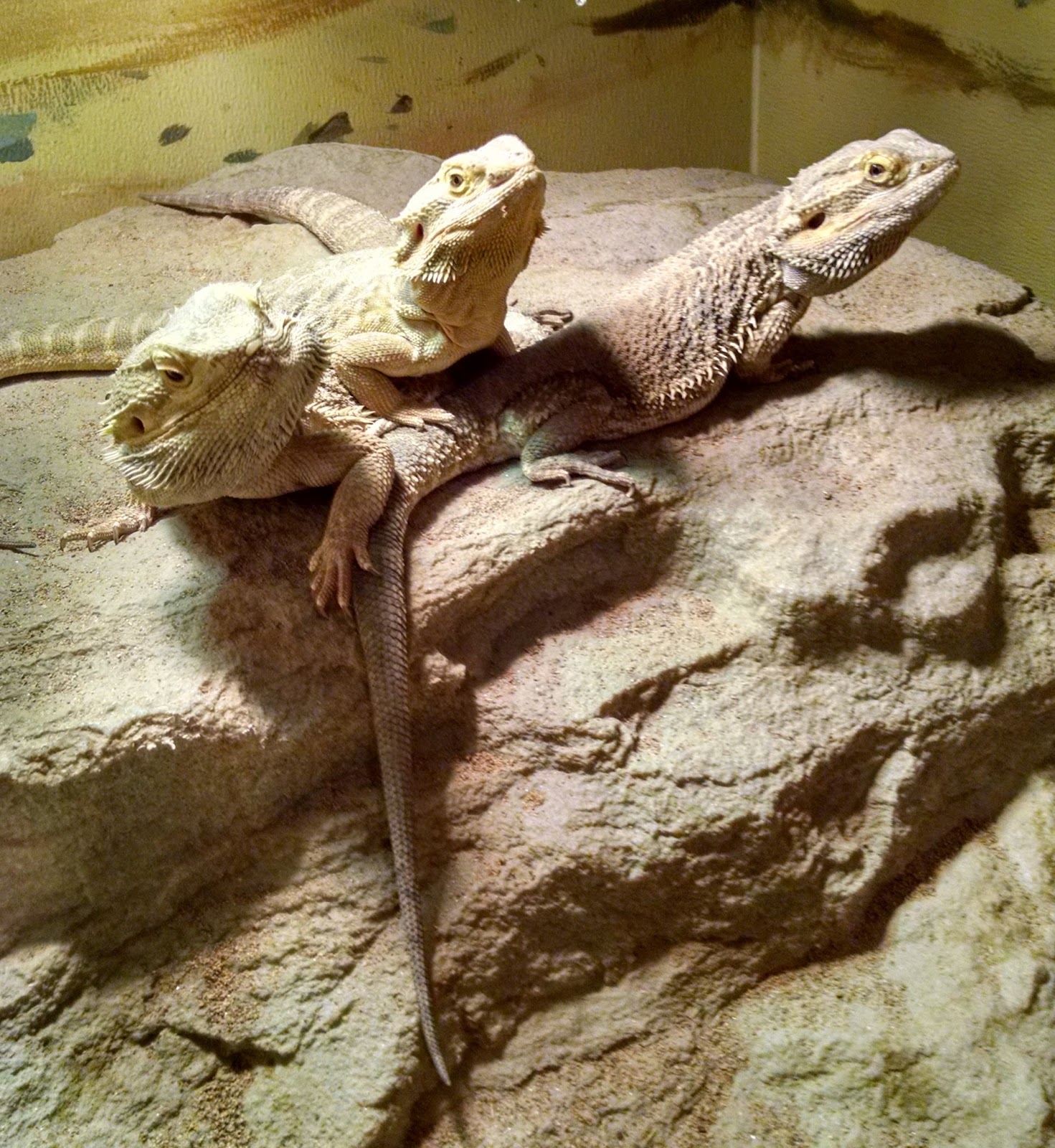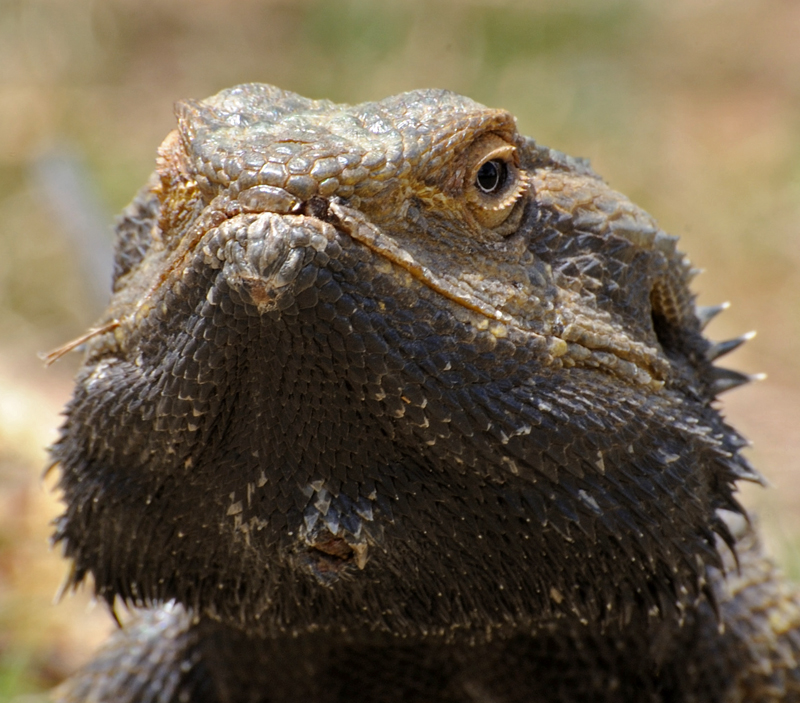Why Your Bearded Dragon is Not Sleeping and What You Can Do About It
Why is Your Bearded Dragon Not Sleeping?

Bearded dragons are one of the most popular pet reptiles, and for good reason. They are friendly, docile creatures that are relatively easy to take care of. However, even the best-cared-for bearded dragon may occasionally run into health issues. One common issue that many bearded dragon owners face is a bearded dragon that is not sleeping.
If you’ve noticed that your bearded dragon isn’t sleeping as much as usual, then there may be several reasons why this is happening. Some of the most common reasons include:
- Temperature issues
- Lighting problems
- Stress or anxiety
- Health problems
Temperature Issues
Bearded dragons are ectothermic, which means that they rely on outside sources of heat to maintain their body temperature. If your bearded dragon’s tank is too cool, then they may have trouble settling in for a good night’s sleep. Conversely, if the tank is too warm, then your bearded dragon may become overstimulated and restless.

To ensure that your bearded dragon’s tank is at the appropriate temperature, it’s important to use a thermometer to monitor the temperature inside. You may also want to consider using a heat lamp or ceramic heat emitter if your bearded dragon’s tank is too cool.
Lighting Problems
In addition to temperature, lighting can also play a significant role in your bearded dragon’s sleep patterns. Bearded dragons require both UVB and UVA lighting in their tank to maintain their health and wellbeing. If your bearded dragon doesn’t have access to adequate lighting, then they may have trouble sleeping.
To ensure that your bearded dragon has access to the appropriate lighting, it’s important to invest in high-quality UVB and UVA bulbs. These bulbs should be replaced every six months to ensure that they are still producing adequate levels of UVB and UVA light.
Stress and Anxiety
Just like humans, bearded dragons can become stressed or anxious. This can be caused by a variety of factors, including changes in their environment, loud noises, or new pets in the house. If your bearded dragon is feeling stressed, then they may have trouble sleeping.
To reduce your bearded dragon’s anxiety, it’s important to provide them with a calm, quiet environment. You may also want to consider adding additional hiding spots in their tank to help them feel more secure.
Health Problems
If none of the above issues seem to be causing your bearded dragon’s sleep problems, then it’s possible that they may be experiencing health issues. Some common health problems that can cause sleeplessness in bearded dragons include respiratory infections, parasites, and digestive problems.

If you suspect that your bearded dragon may be experiencing health issues, then it’s important to schedule an appointment with your reptile veterinarian as soon as possible.
What You Can Do About Your Bearded Dragon’s Sleep Problems
If you’ve identified the reason why your bearded dragon isn’t sleeping, then you may be able to take steps to help them get some rest. Here are a few strategies that may be helpful:
- Adjust the temperature in their tank
- Invest in quality lighting
- Provide a calm, quiet environment
- Add additional hiding spots in their tank
- Schedule a veterinary appointment
Remember, it’s important to address your bearded dragon’s sleep problems as soon as possible to help keep them healthy and happy. With the right care and attention, your bearded dragon should be sleeping soundly in no time!
